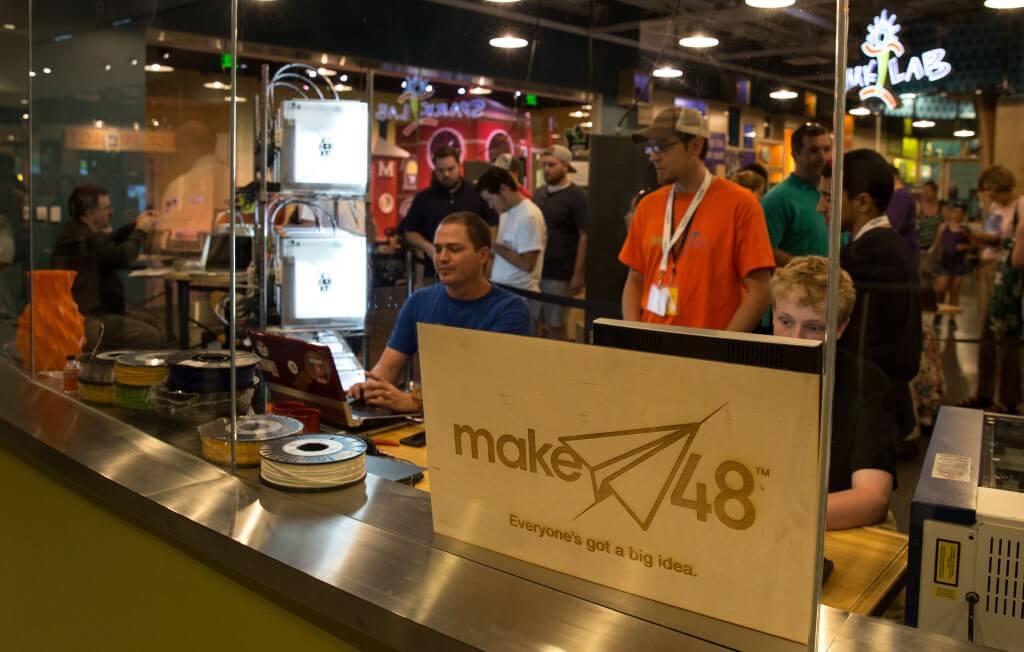Innovation is the hot word in the business press and in academia. Business itself, maybe less so. If business is profitable and secure it would rather grow through acquisition than innovation.
There is a public sense that innovation is on a tear; that new ideas are bursting forth irrepressibly. Possibly not.
At a recent exhibition of early stationary steam engines in Rhode Island, I was struck by the inventiveness and the variety of these machines, but mostly by the diversity of the manufacturers. These were the inventions, the innovations that powered the Industrial Revolution. They were being improved and deployed in ever greater numbers until electricity — that big game-changer, that supernova of invention — came along to disrupt everything again.
Likewise, it is impressive to look at the early days of automobiles. Hundreds, if not thousands, of manufacturers, hoping that they had found the forward route and that route was the one that would survive.
Aviation, the same story.
The impediment to these kinds of diverse inventions and modifying innovations is often just the size of corporations.
The early years of computers were a time of incandescent creativity, followed quickly by innovations. But the inventors succeeded too well and instead of there still being thousands of entrants, the early winners hold hegemony over the industry. They have moved from innovators to rent collectors, from white-hot invention to comfortable, corpulent middle age very fast. Include in this list of those who went from eureka beginnings to cautious management: Microsoft, Google, Amazon and probably Uber.
Commercial success came too quickly and hegemon, as it always does, followed; then sclerosis through size.
It can be seen as a replay of what has happened in other industries, where success has led to growth and invention has given way to preservation.
Those who opposed — and lost — the merger McDonnell Douglas and Boeing did so because they feared that Boeing, which had upended aviation not once but twice with the 707 and the 747, would lose the heart it once had for such bold and risky innovation. Big organizations are inherently hard of hearing.
Computing also has become a hegemon in its own way. The adventurous money, the best minds and the great universities all are centered on Silicon Valley and what has become celebrity technology.
But other technologies are coming on quietly, most notably additive manufacturing, colloquially known as 3D printing. It is moving very fast and has gone from manufacturing simple things to making very complex nuclear fuel, aviation parts and even human body parts. It could be the next big thing.
But what about the next little thing?
Step forward an imaginative television program running on 200 public broadcasting stations. It is called “Make48” and it is a reality show with a difference. Its CEO Tom Gray says one should think of the annualized, eight-part series as a cross between “Shark Tank” and “How It’s Made,” two very successful commercial cable television shows that cater to the latent creative, entrepreneurial spirit often daunted by the complexity of thinking up a product, making it, financing it and getting it to market.
Make48 seeks to solve those problems, or most of them, by recruiting teams of inventors who, at the Kansas City Art Institute, are supplied with experts to show the creators how to manufacture their creations in 48 hours. The product can be in any material: metal, wood, plastic, rubber — you name it. But it has to be made in front of television cameras in 48 hours. Then three winners get the professional help in marketing the products, getting them on store shelves, TV sales programs and online shopping. The whole suit of needs met.
The program is supported generously by chief sponsor Stanley Black & Decker, and by The Grommet, QVC, Duck Tape and others, who are looking outside for new products. Always the hope that the next Walkman, safety razor or Post-it is waiting to be created and taken to market. Last year’s winners were modest: a kitchen sink stopper or bath plug, a series of color-coded food preparation surfaces to prevent cross-contamination, and a laser-aiming device for men and boys using toilets.
Who knows whether a big winner, like the electric screwdriver, will come forth, but mighty oaks do start as acorns.
Photo Credit: Make48 LLC

 Follow
Follow
Leave a Reply